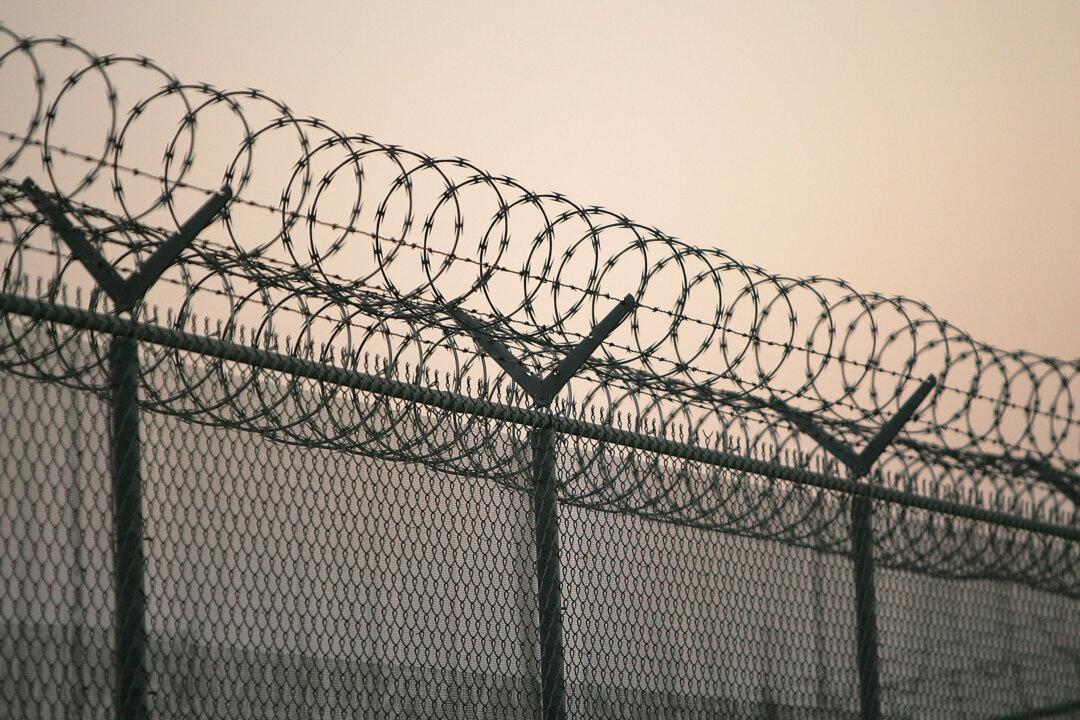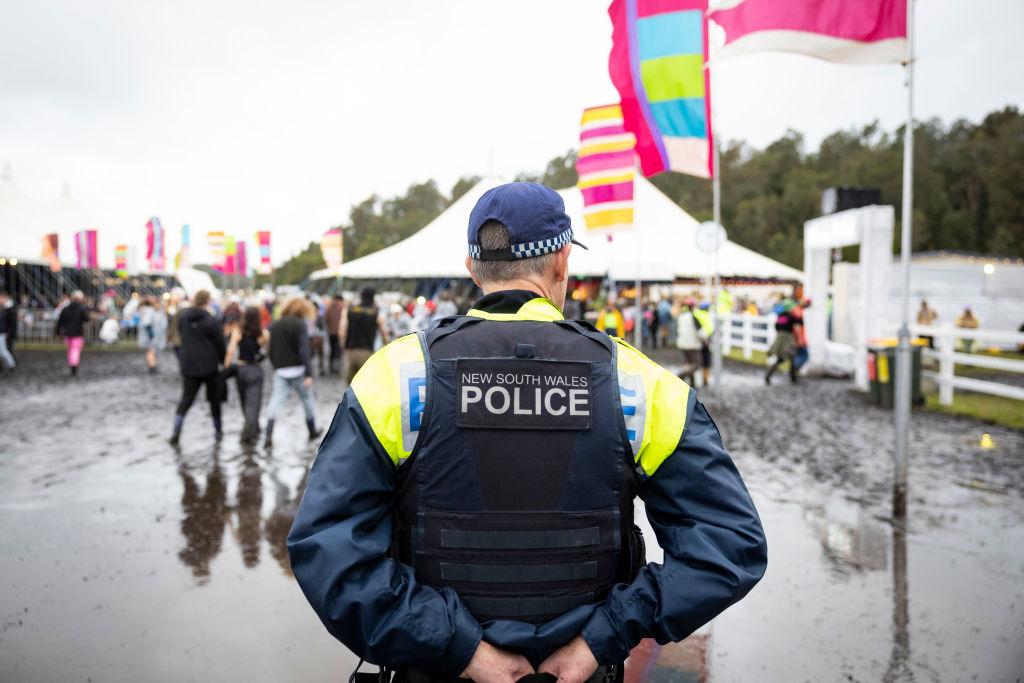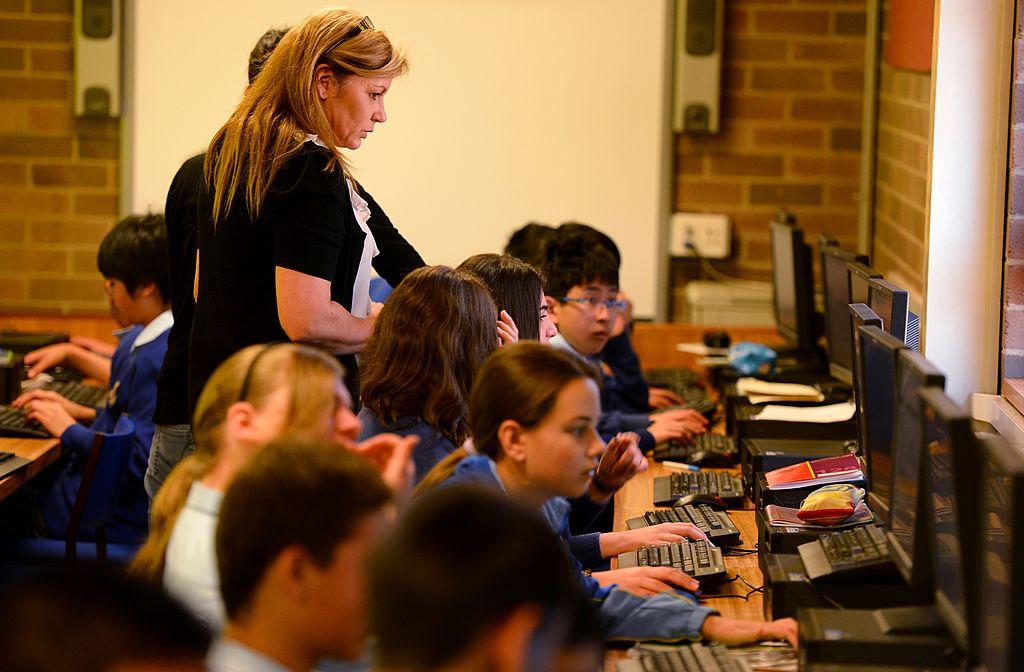“Demeaning and dehumanising” strip searches in Queensland female prisons are not improving prison safety, according to a state human rights commission review on Sept. 20.
The Queensland Human Rights Commission (QHRC) published its review finding the practice was ineffective, with an “absurdly low” contraband detection rate of just 0.01 to 0.015 percent.





